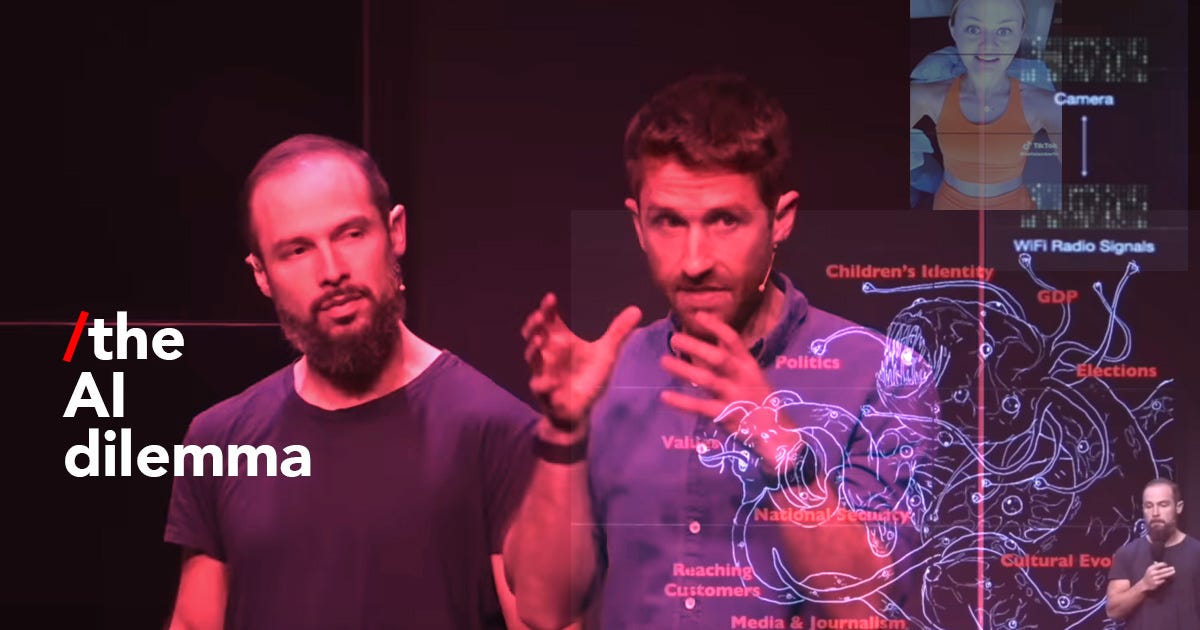How Tech Companies Control Your Attention — And What You Can Do About It
💡 How Tech Companies Control Your Attention — And What You Can Do About It
In today’s world, your attention is being bought and sold — and
To understand how we got here, Aza Raskin outlines what he calls the Three Rules of Technology:
1. When you invent a new technology, you uncover a new class of responsibilities.
Just like inventing the car led to traffic laws, new digital tools demand new ethical considerations. But in tech, we often innovate without pausing to ask what we’re unleashing.
2. If the technology confers power, it will start a race.
If one app captures more attention or sells more ads, others will copy it — leading to a race to the bottom of the brainstem, where emotion, addiction, and impulse reside.
3. If you don’t know what the product is, you are the product.
Most social platforms make money by selling your attention to advertisers. Every second you scroll is revenue. You’re not the user — you’re the resource.
💰 Incentives Shape Outcomes
As Warren Buffett famously said:
“Show me the incentives, and I’ll show you the outcome.”
Tech companies are incentivized to maximize engagement — not your wellbeing. So apps are built to be sticky, addictive, and endless. It’s not a bug — it’s the business model.
Aza Raskin himself regrets inventing infinite scroll, now a key feature in social media addiction:
“It seemed like a small improvement… but it turned into something that takes away people’s agency.”
📉 Research Has Shown...
-
Excessive screen time increases anxiety and depression
-
Young users are especially vulnerable to dopamine-driven design
-
Apps use variable rewards (like slot machines) to keep you coming back
These aren’t side effects. They are outcomes of design choices driven by financial incentives.
🌱 What Can You Do?
-
Audit your apps – Which ones serve you, and which steal your time?
-
Disable autoplay, hide notifications, log out often
-
Support creators who align with human values
-
Learn digital literacy — so you can see what’s shaping your attention
As Tristan Harris says:
“The ultimate freedom is a free mind.”
💭 Final Thought
We don’t have to reject technology — but we do need to reject the idea that manipulation is an acceptable business model.
The future of technology depends on how well we understand these hidden dynamics. The good news? People are waking up — and you’re already ahead of the curve just by reading this.




Comments
Post a Comment